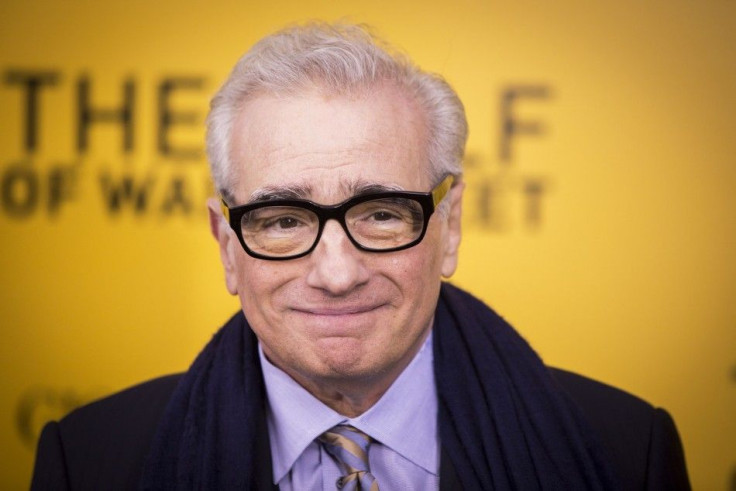Martin Scorsese Predicts Future of Cinema to Be Bright in Letter to Daughter

Martin Scorsese wrote an open letter to his daughter Francesca. He talked about his idea of future. Being one of the greatest film directors ever, Mr Scorsese tried looking at the future through the lens of cinema which happens to be the centre of his world, he wrote.
He mentioned that the conventional idea of cinema which he had grown up with would gradually be coming to an end. It is the idea that he has been showing to his daughter since her childhood. It is the same idea which flourished when he started his career as a filmmaker. However, he predicted that the films of the future would be different. Unlike any old-fashioned man criticising the modern era, Mr Scorsese assured his daughter that "the future is bright."
Mr Scorsese recalled the conventional idea that art of cinema was made possible as there was a business perspective of it. No filmmaker who had started their career in the 60s and the 70s, he affirmed, had any confusion about this idea. However, he predicted that this idea would change.
He wrote that the overall moviemaking trend was changing. He mentioned filmmakers like Richard Linklater, Wes Anderson and David Fincher who managed to get movies made. He was also impressed when filmmakers shot their films in different countries like Japan, Africa and South Korea. Even though the process is difficult, the films are getting made.
He stated that movie business and the art of cinema had arrived at a crossroad. He further predicted that cinema was all set to target smaller theatres rather than multiplexes in future. He though that movies would be distributed more online. There are many more methods will turn up, which cannot be predicted at the moment.
Mr Scorsese believed that the time had arrived for the first time in the history of cinema when movies could be made with "very little money." Cameras that can capture "beautiful images" have become much more affordable. The process of recording sound, editing, mixing and colour-correcting can be done at home. The ease of accessibility of technology is what makes the future bright to Mr Scorsese.
However, according to Mr Scorsese, movies are not be made by the tools but by the maker. Capturing videos and editing them are extremely different from making a real movie. There is no shortcut in cinema, he affirmed, just like anything else worth creating.
Read the complete letter published on l'Espresso.





















